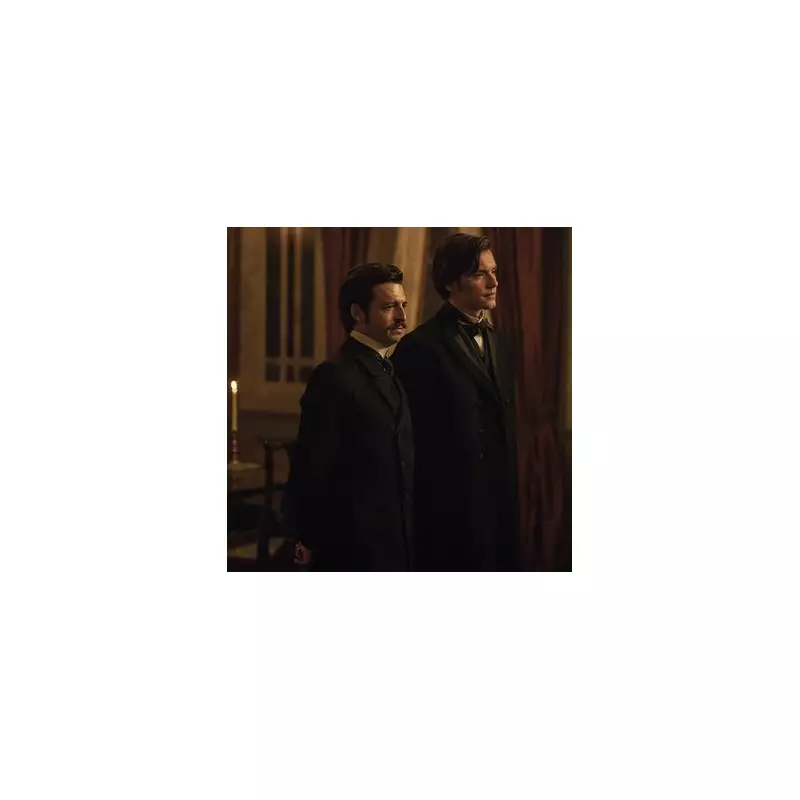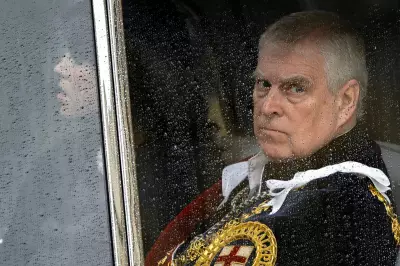
Netflix is delving deep into Ireland's ancient mythological roots with its compelling new series, House of Guinness, drawing direct inspiration from two of Celtic mythology's most powerful deities: Ógma and Dagda.
The Celtic Pantheon Comes to Life
For viewers captivated by the show's intricate power dynamics and family conflicts, the real magic lies in its authentic connection to Ireland's rich mythological heritage. The series creators have masterfully woven ancient Celtic lore into a contemporary narrative that explores themes familiar to modern audiences.
Ógma: The God of Eloquence and Strength
In Celtic mythology, Ógma stands as the god of eloquence, language, and strength. Known as 'Ogmios' to the Gauls, he was celebrated not just for his physical power but for his ability to persuade and lead through words. This dual nature makes him the perfect archetype for the complex characters navigating the cutthroat world of House of Guinness.
Dagda: The Father Figure of Celtic Mythology
Dagda, whose name translates to 'the good god,' served as a father figure and leader among the Celtic deities. He possessed a massive club that could both kill men and restore them to life, alongside a cauldron that never emptied - symbols of both power and provision that resonate throughout the series' themes of family legacy and responsibility.
Modern Storytelling Meets Ancient Wisdom
The creators of House of Guinness have performed a remarkable feat of storytelling alchemy, transforming these ancient mythological figures into compelling characters that speak to contemporary audiences. The series explores how the attributes these gods represented - leadership, communication, strength, and providence - continue to shape human conflicts and relationships today.
By grounding their narrative in authentic Celtic mythology, the writers have created a fantasy world that feels both fresh and timeless, offering viewers more than just entertainment but a genuine connection to Ireland's cultural heritage.





